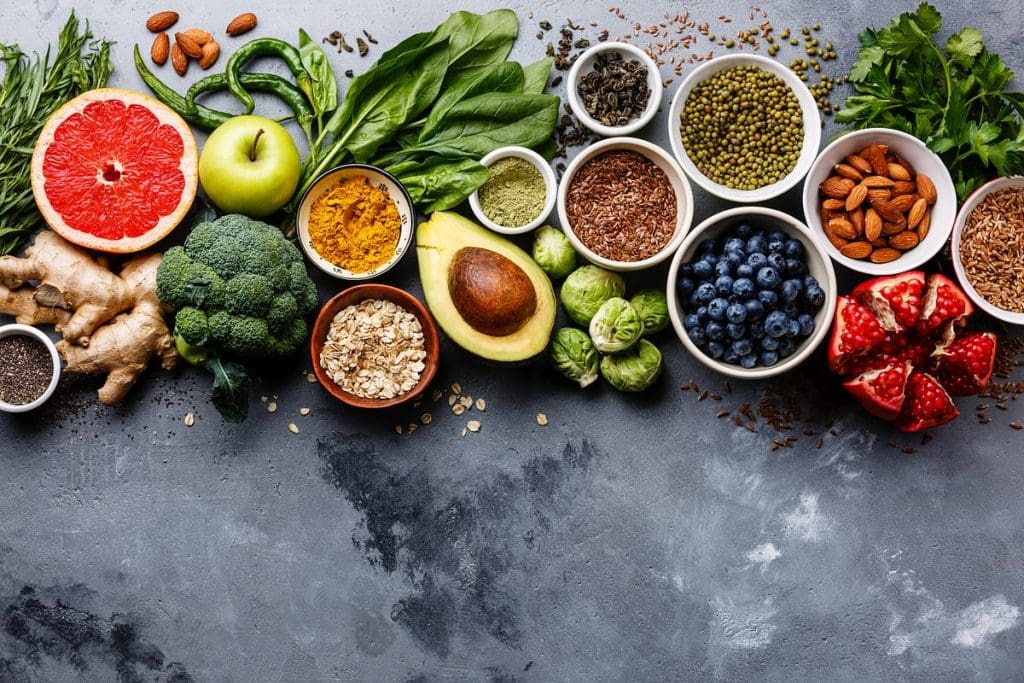
When a child is diagnosed with cancer, the journey ahead can be daunting. At LivHospital, we understand that care goes beyond medical treatments. It includes nutritional support and emotional care to help children thrive.
A nutritious diet for cancer patients is key to a child’s recovery. We believe in supporting the whole family. Simple acts like delivering meals or providing emotional support can make a big difference.
Our mission is to provide complete support, including nutrition for cancer patients. We aim to help children survive and hope for a brighter future.
Key Takeaways
- Comprehensive care for children with cancer includes medical treatments, nutritional support, and emotional care.
- A nutritious diet is vital for a child’s recovery from cancer.
- LIV Hospital is dedicated to delivering world-class healthcare with complete support.
- Simple acts of support, like meal delivery and emotional support, can significantly impact a family’s journey.
- Advanced medical treatments and support services are essential for children with cancer.
The Reality of Childhood Cancer in 2025
As we near 2025, the world of childhood cancer is changing. It brings both challenges and chances for better care. Childhood cancer impacts not just the kids but also their families and communities.
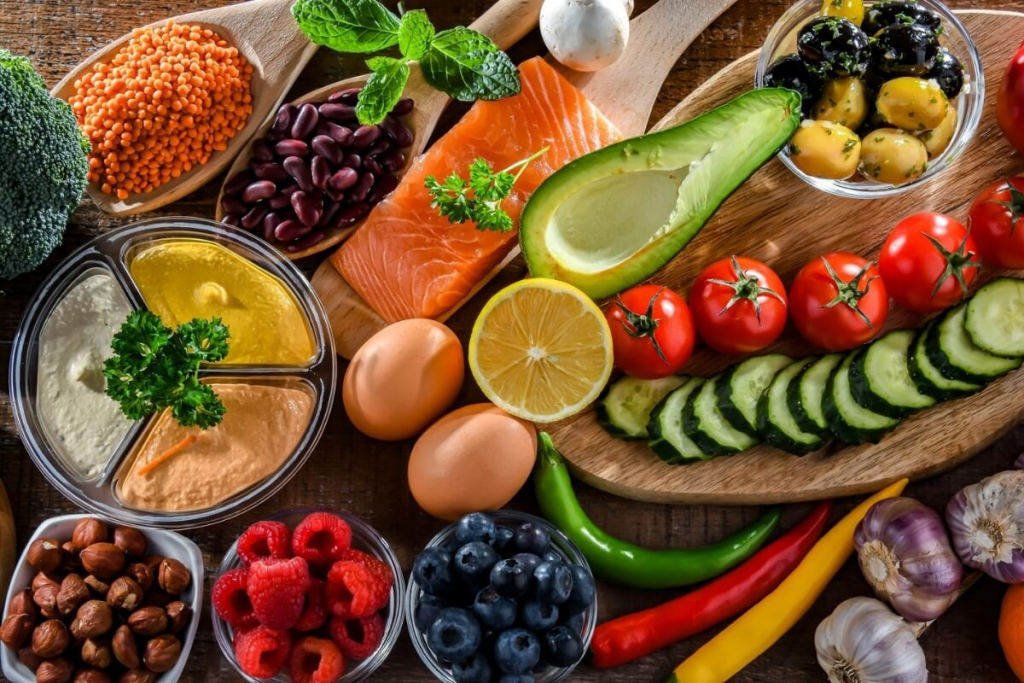
Current Statistics and Projected Cases
In 2025, about 9,550 kids under 14 will be diagnosed with cancer in the U.S. Sadly, 1,050 will not survive. These numbers show we need more awareness, research, and support for families dealing with childhood cancer.
The number of new cases of childhood cancer is rising. Doctors and researchers watch this closely. They are working hard to find the causes and better treatments.
Survival Rates and Long-term Health Challenges
The 5-year survival rate for childhood cancer is now about 80%. This is thanks to better treatments and care. But surviving cancer can lead to long-term health problems.
Survivors often face issues like secondary cancers, heart problems, and brain issues. So, it’s key to have ongoing care to manage these problems and improve their lives.
“The improvement in survival rates is a significant achievement, but it’s equally important to address the long-term health challenges faced by survivors.”
Expert in Pediatric Oncology
The Multifaceted Needs of Pediatric Cancer Patients
Pediatric cancer patients need more than just medical care. They also need nutritional support, emotional care, and help with school. These are all part of caring for them fully.
- Nutritional support to manage treatment side effects and maintain strength
- Emotional and psychological support for the child and their family
- Educational support to ensure continuity of learning during treatment
Parents are the first support for their kids. They should work together to tell their children about the diagnosis. This ensures a united and supportive approach.
By understanding the needs of pediatric cancer patients, we can offer better care. This care addresses their medical, emotional, and educational needs.
Essential Medical Treatments and Interventions
Children with cancer need a mix of new therapies and care to get better. We know they need a treatment plan that fits their unique needs.
Advanced Treatment Protocols: Chemotherapy, Surgery, and Immunotherapy
New treatments have changed how we fight childhood cancer. Chemotherapy, surgery, and immunotherapy are key. Chemotherapy kills cancer cells with drugs. Surgery removes tumours. Immunotherapy uses the immune system to fight cancer.
These treatments work best together. For example, chemotherapy might shrink a tumour before surgery. Immunotherapy is great for some leukemias and lymphoma.
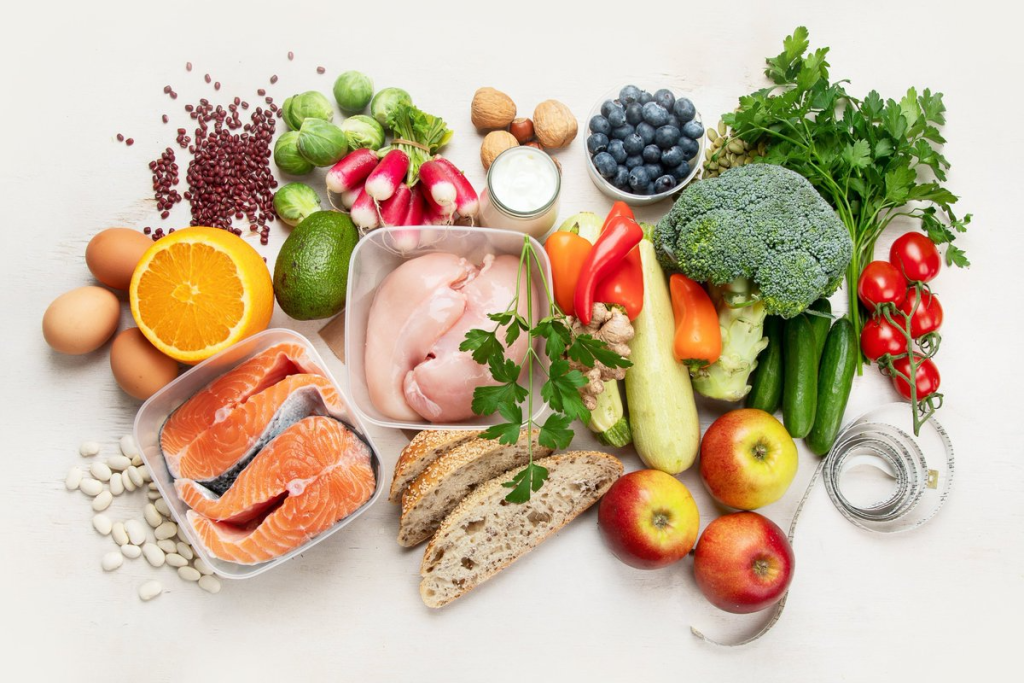
The Importance of Specialized Pediatric Oncology Care
Children with cancer need special care. Pediatric cancer teams know how to help kids. They tailor care to the child’s age, size, and cancer type.
Pediatric oncology centers have the latest technology and teams. They include doctors, surgeons, and more. This team approach gives kids the best care from start to finish.
Managing Treatment Side Effects in Children
Handling side effects is key in cancer care for kids. Kids can face many side effects, from nausea to serious issues. Supportive care, like anti-nausea meds and nutrition, helps them.
A chemo nutrition diet is important too. Good nutrition helps kids deal with treatment side effects. We help families create nutrition plans for their kids.
A Nutritious Diet for Cancer Patients: The Foundation of Recovery
A well-balanced diet is key for kids with cancer to recover well. It helps their health and how well they do with treatment. A good diet is very important for kids going through cancer treatment.
How Proper Nutrition Supports Treatment Efficacy
Good nutrition is vital for kids with cancer. It helps their body handle treatment like chemotherapy and surgery. Nutrition boosts the immune system, lowering the chance of getting sick.
It also keeps kids’ energy up. This lets them do daily things and feel more normal during tough times.
Helping with meals and grocery shopping is a big help for families. We know how important a good diet is during this time.
Caloric and Protein Requirements During Different Treatment Phases
How much kids need to eat changes with their treatment. When treatment is intense, they might need more calories and protein. It’s important to talk to a healthcare provider or dietitian to figure out what they need.
- More calories help keep their weight up and give them energy.
- Protein is key for fixing tissues and keeping the immune system strong.
- They might need to change their diet based on how they’re doing with treatment.
Hydration Strategies for Children Undergoing Cancer Treatment
Keeping kids hydrated is very important during treatment. Drinking enough water helps prevent dehydration. It’s important to get kids to drink lots of fluids.
Some ways to help include giving water and other fluids often. Using fun cups and adding hydrating foods like fruits and soups can also help.
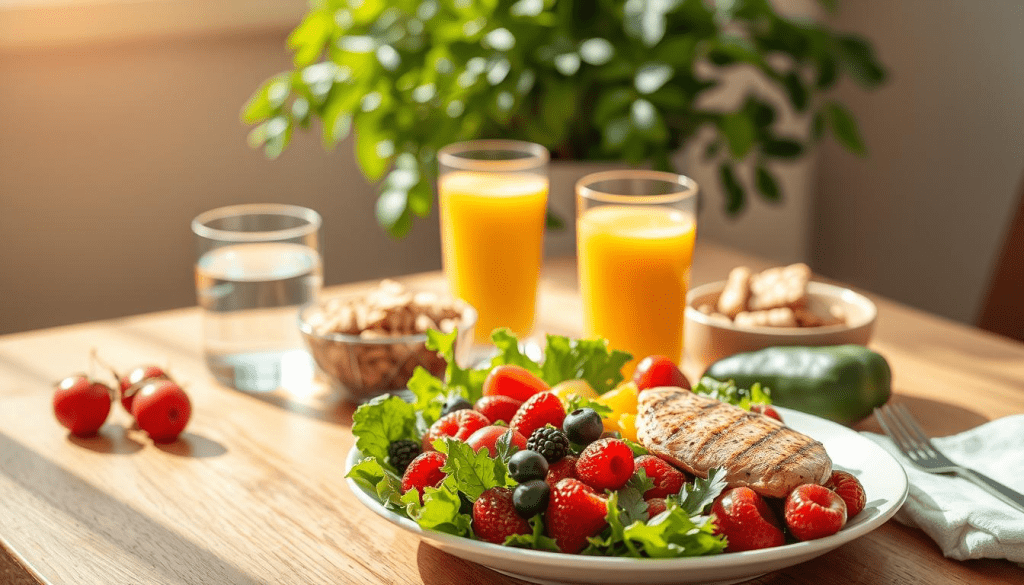
Cancer-Fighting Foods and Meal Planning Strategies
Planning meals with nutrient-dense foods is key for kids with cancer. These foods boost their immune system and overall health. A good diet can also help manage side effects and improve their life quality. We’ll look at how to add cancer-fighting foods to meals and make them fun for kids in treatment.
Nutrient-Dense Foods That Support Immune Function
Nutrient-dense foods are vital for kids with cancer. They give the vitamins, minerals, and antioxidants needed for a strong immune system. Foods like berries, leafy greens, and fruits and veggies are full of antioxidants. Whole grains, lean proteins, and healthy fats are also important for a balanced diet.
Having a variety of colours on the plate means getting different nutrients. For example, orange veggies like carrots are packed with vitamin A. Green veggies like broccoli are full of vitamins C and K.
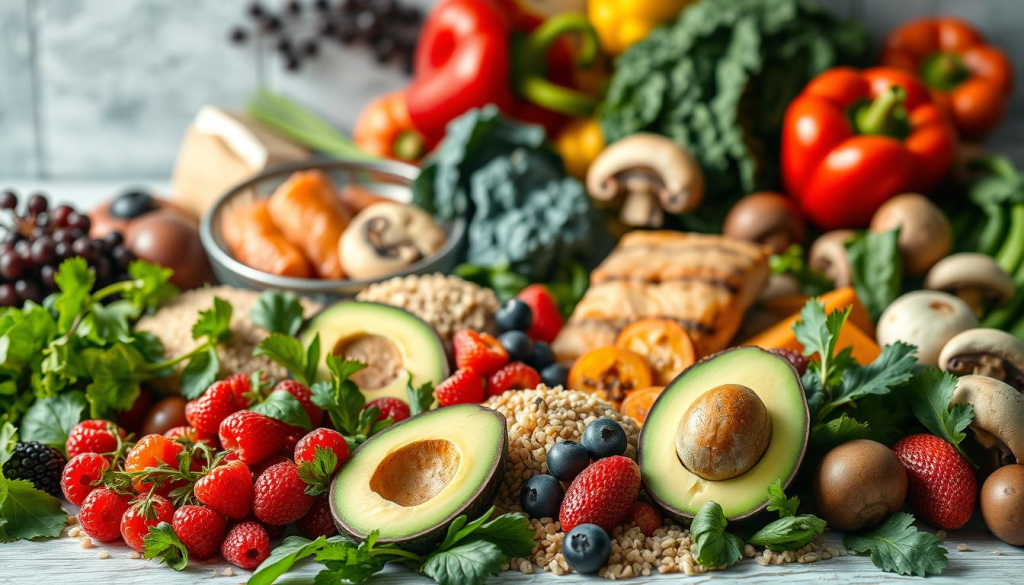
Creating Appealing Meals for Children with Altered Taste
Cancer treatment can change how kids taste food, making meals hard. To make meals better, offer different flavours and textures. Marinating foods can add taste without salt or sugar. Cold foods or foods with strong tastes, like citrus or mint, might be easier for kids to eat.
Getting kids involved in meal planning can make meals more fun. Letting them choose what they eat can make mealtime more enjoyable.
Family Mealtime Approaches During Cancer Treatment
Family meals can be tough during cancer treatment. Kids might not like the taste of food or experience side effects. Flexible meal plans and trying new recipes can help. Making meals a positive time for family bonding is also important.
Help from family and friends, like bringing meals or doing chores, can ease the load. Emotional support is also key. It helps families deal with the stress of treatment.
Foods and Ingredients to Limit During Cancer Treatment
Knowing which foods to limit during cancer treatment is key. It can help a child feel better and recover faster. Some foods can make side effects worse, so it’s important for parents and caregivers to know what to avoid.
Foods to Avoid During Chemotherapy and Why
Chemotherapy is a common treatment for many cancers, including leukemia in kids. It’s important to avoid foods that can increase infection risk or interact with treatment. Raw or undercooked foods, like raw eggs, undercooked meat, and unpasteurized dairy, should be avoided because they can be contaminated.
- Raw or undercooked eggs
- Undercooked meat, poultry, or seafood
- Unpasteurized dairy products or juices
Also, foods high in sugar, salt, and unhealthy fats can weaken the immune system. This can make treatment side effects worse.
Leukemia-Specific Dietary Considerations
Children with leukemia need special diets because of their treatment. Nutrient-dense foods are important for their recovery. Foods that can irritate the mouth and throat, like spicy or acidic ones, should be limited.
“A well-balanced diet is vital for children undergoing leukemia treatment, helping to manage side effects and support overall health.”
Parents should talk to their child’s healthcare team to create a personalized nutrition plan.
Addressing Common Food Myths: Does Chocolate Cure Cancer?
There’s a myth that chocolate can cure cancer. While chocolate has antioxidants, there’s no proof it can cure cancer. Eating too much chocolate can lead to too much sugar, which can make treatment side effects worse.
It’s important to know the truth about food myths. Focus on a balanced diet that supports health and well-being.
Nutritional Supplements and Support Products
Nutritional supplements are key for kids with cancer. They help meet the complex nutritional needs that food alone can’t cover.
Appropriate Supplementation for Pediatric Cancer Patients
Choosing the right supplements for kids with cancer is critical. Multivitamins and minerals are often used to fill nutritional gaps. But the right supplements depend on the child’s treatment, nutritional needs, and health.
We team up with doctors to pick the best supplements. This might mean changing the dosage or type of supplement based on how the child is doing.
Working with Dietitians to Develop Personalized Nutrition Plans
Creating a personalized nutrition plan is vital for kids with cancer. Dietitians help figure out what nutrients they need and make a plan to support their health and treatment.
- Assessing nutritional deficiencies and needs
- Creating meal plans that are appealing and nutritious
- Guiding appropriate supplementation
- Monitoring the child’s nutritional status throughout treatment
By working with dietitians, we make sure kids with cancer get the nutrition they need. This is tailored to their unique situation.
When and How to Use Medical Nutrition Support
Some kids with cancer need medical nutrition support to get the nutrients they need. This can be through a feeding tube or intravenous nutrition.
“The goal of medical nutrition support is to provide the necessary nutrients to support the child’s overall health and treatment outcomes, when oral nutrition is insufficient.”
Decisions on medical nutrition support are made with the child’s healthcare team. They consider the child’s medical condition, nutritional needs, and treatment plan.
Psychological and Emotional Support Essentials
Caring for children with cancer means we must focus on their mental health too. A cancer diagnosis can be very hard for kids, affecting their mind and spirit. We know it’s key to support their emotional and psychological strength, not just their physical health.
Addressing Anxiety, Depression, and Treatment-Related Trauma
Children with cancer often feel anxious and depressed. This is because of the stress and uncertainty they face. We need to spot these problems early and help them.
Effective strategies include making a safe space for kids to share their feelings. We encourage them to talk openly, validate their emotions, and reassure them without ignoring their fears.
Age-Appropriate Mental Health Interventions
Mental health help for kids with cancer must fit their age. Younger kids might benefit from play therapy to express their feelings. Older kids and teens might do better with traditional talk therapy.
We also use technology, like digital platforms for counselling and support groups. This makes it easier for kids and their families to get help from anywhere.
Supporting the Child’s Identity Beyond Their Diagnosis
It’s vital to help kids see themselves beyond their cancer. We do this by letting them keep up with their usual activities, stay connected with friends and family, and support their school and personal interests.
- Encouraging participation in activities they enjoy
- Supporting their educational needs through hospital or home-based learning programs
- Facilitating social interactions to prevent feelings of isolation
By caring for them holistically, we help kids with cancer face their journey with strength and hope.
Social and Educational Continuity During Treatment
Children with cancer need more than just medical care. They also need social and educational continuity. This helps them grow and deal with treatment challenges.
Keeping up with school and friends is key to their mental health. It helps them feel normal and connected.
Hospital and Home-Based Learning Programs
Hospital and home learning programs are essential. They make sure kids with cancer keep learning, even when they can’t go to school.
These programs offer a learning space that supports kids’ schoolwork. They keep kids engaged. Hospital programs have teachers at the hospital. Home programs use online tools and virtual classrooms.
Maintaining Peer Relationships During Extended Treatment
Keeping friendships alive is vital for kids with cancer. Long treatments can make them feel left out.
We help families keep kids connected with friends. This includes online groups and meetups. It makes kids feel included and supported.
Technology Tools for Educational and Social Connection
Technology is key for keeping kids connected and learning. Online platforms and video calls help kids stay in touch with school and friends.
We use these tools to help kids with cancer keep learning and stay connected. It’s good for their well-being.
Conclusion: Meeting the Holistic Needs of Children with Cancer
Supporting families with a child diagnosed with cancer needs a full approach. This includes medical care, nutrition, emotional support, and keeping social ties. At LIV Hospital, we know that food insecurity and malnutrition can hurt treatment results for kids with cancer. We aim to give top-notch healthcare and support for international patients, making sure every child gets the care they need to beat their illness.
We tackle the many needs of kids with cancer, like advanced treatments, special diets, and emotional help. Our team works hard to offer care that’s more than just medical. We create a supportive space for kids with cancer and their families to thrive.
FAQ’s:
What are the most important nutrients for children with cancer?
Kids with cancer need a diet full of protein, calories, and key nutrients. Foods like fruits, veggies, whole grains, lean proteins, and healthy fats are key.
How can I help my child maintain a healthy diet during cancer treatment?
To help your child eat well, offer a variety of nutrient-rich foods. Manage side effects like nausea and taste changes. Stay hydrated. Get advice from a dietitian or healthcare provider.
Are there specific foods that can help fight cancer in children?
No food can cure cancer, but a diet full of antioxidants, fibre, and nutrients helps. Foods like berries, leafy greens, and other fruits and veggies are good choices.
What foods should be avoided during chemotherapy?
Avoid foods high in sugar, salt, and unhealthy fats during chemo. Also, skip undercooked or raw foods to avoid infections. Limit foods that are hard to digest or cause discomfort.
Can nutritional supplements be beneficial for children with cancer?
Supplements can help kids with cancer who have trouble eating due to treatment side effects. But always talk to a healthcare provider or dietitian before starting any supplements.
How can I support my child’s emotional and psychological well-being during cancer treatment?
Support your child’s emotional health by creating a caring environment. Encourage talking and seek help when needed. Use mental health interventions and keep social connections strong.
What are some strategies for maintaining my child’s educational continuity during treatment?
Keep your child’s education going with hospital or home learning programs. Use technology for remote learning and staying connected. Keep in touch with teachers and classmates.
How can LivHospital support the holistic needs of children with cancer?
LivHospital offers complete care for kids with cancer. We focus on medical, nutritional, emotional, and social needs. Our team creates personalized care plans for each child’s well-being.
References
- Trovato, C.M., et al. (2022). Management of nutritional needs in pediatric oncology: consensus recommendations. Nutrients, 14(7), 1425. https://www.ncbi.nlm.nih.gov/pmc/articles/PMC9319266/
- Jepson, K., et al. (2023). Nutritional management of children and infants with cancer. Paediatric Drugs, 25(4), 321-333. https://www.sciencedirect.com/science/article/abs/pii/S175172222300194





